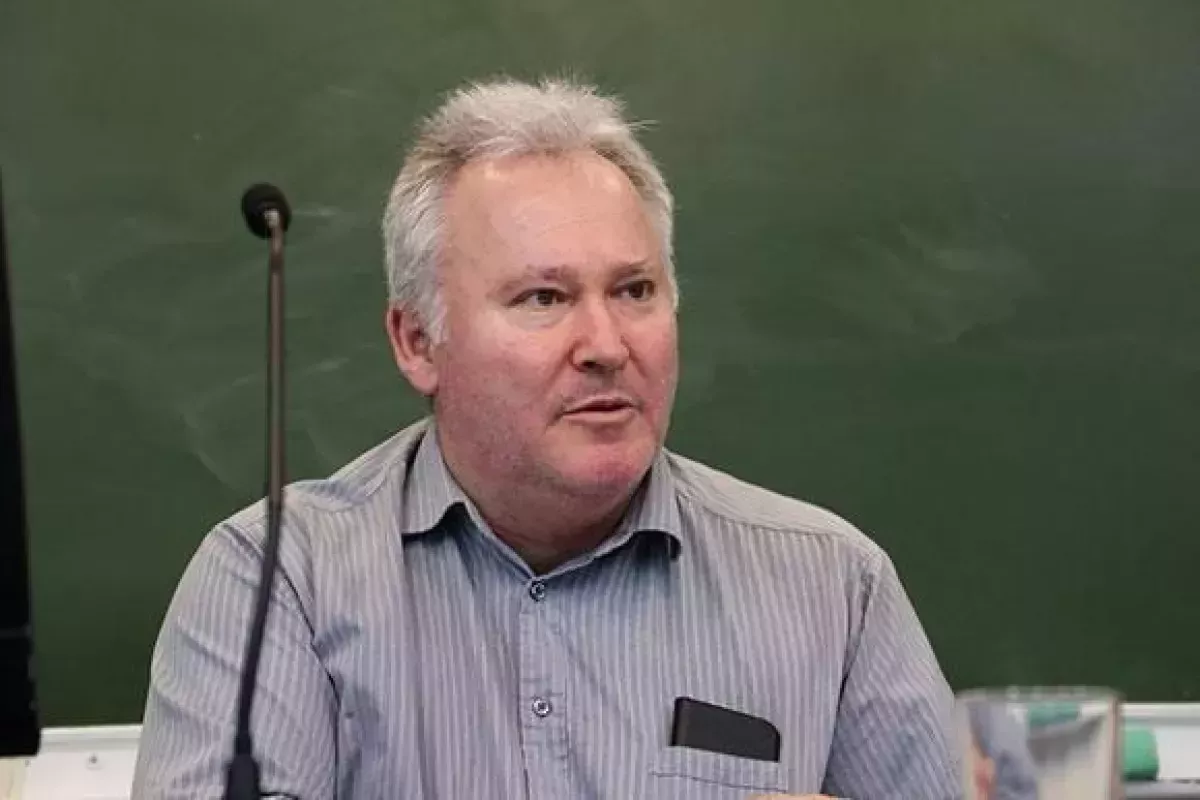Exodus from Armenia: Those who can flee are doing so without looking back Expert opinions
Armenia is increasing the fees for renouncing citizenship—from 25,000 ($62) to 150,000 drams ($374). Independent deputies have already proposed raising the fee to 15 million drams ($37,448) for individuals under 27 years old—to prevent them from avoiding military service. For all other categories of citizens, the proposed fee is 1.5 million drams ($3,744).
The Telegram channel "Tsitsak" analyzes what these "wonderful" initiatives from the "puppet regime" indicate. "First and foremost, they show that the outflow of people from Armenia is only increasing. Against the backdrop of the threat of a new Azerbaijani attack, those who have left are renouncing Armenian citizenship to avoid military duty. Most people no longer believe Pashinyan's tales of peace. Those who have the chance to flee are doing so without looking back."
Firstly, it is important to highlight that the very expectation of an attack on the territory of the Republic of Armenia by Azerbaijan is quite strange. Azerbaijan did not restore its territorial integrity—after insisting on the importance of this principle in international relations for decades—only to suddenly disregard it now.
Secondly, the emigration of Armenians and their reluctance to serve in the country's military can likely be explained by other factors. For example, the high unemployment rate and low living standards in Armenia drive men of the conscription age to seek opportunities in more prosperous countries. It is also possible that people are unwilling to risk their lives in the Armenian armed forces, where, according to various reports, the phenomenon of "dedovshchina" (hazing) remains widespread.
Prominent experts have shared their insights on this matter with Caliber.Az.

Dr. Greg Simons, PhD (Sweden), a political scientist, believes this situation is a fairly classic and understandable demonstration of the lack of public trust in Armenia's political and military leadership.
"There is a lack of trust in what the leadership can do in the future, which may also encourage people to renounce their citizenship. It comes down to the basic premise that if you don't believe or trust the political and military leadership, there will be a lack of will to fight and die for their cause," the expert explained.
According to him, there are suspicions regarding Armenia's intentions after it decided to become a client state of the United States, especially considering what happened with Ukraine when it acquired a similar status.
"By resorting to blackmail and coercion, the political leadership only further delegitimizes itself and likely confirms the worst fears of those trying to avoid conscription. The growing exodus from Armenia indicates that the population's suspicions are rising. Simply put, young men do not want to 'Ukrainianize' for the sake of the United States," says Simons.

Farhad Mammadov, Director of the Center for Studies of the South Caucasus, stated that the population decline is a significant issue for Armenia.
"This issue has concerned all Armenian governments since the country gained independence, and officially, since the early 1990s, Armenia's population has decreased by more than 1 million people. Even before the 44-day war, Pashinyan announced his development plan for Armenia, stating that by 2040, the country's population should reach 5 million people.
However, achieving this is very challenging. The measures being taken by the government, especially the anticipated visa-free regime with the European Union, suggest a population outflow, primarily of young and working-age individuals, those who speak at least some English and are familiar with modern banking technologies, who will seek employment opportunities in Europe.
Georgia's example shows that seasonally, up to 200,000-250,000 people may travel to Europe. It’s not guaranteed that all of them will stay, as many return after the work season, but their economic activity takes place there. Over time, families gradually relocate. This process becomes systemic, forming a trend that leads to a gradual decrease in the population," said Mammadov.
On the other hand, Mammadov points out that Armenia faces a significant problem with military recruitment.
"Staff shortages are not only related to the fear of a conflict with Azerbaijan. There is also the need to address something they failed to do in the past—namely, border security. This requires a specific number of personnel, and recently, they have decided to recruit retired servicemen and women into the army. Additionally, there is a new comprehensive defence concept, which involves forming territorial defence units from the civilian population. This also ties into national security concerns.
The imposition of fines is one measure to ensure that people leaving Armenia for work or other reasons do not renounce their citizenship, thus maintaining their obligations. Seriously speaking, yes, this will have some effect, but such measures will not solve the problem of population decline.
These actions do not address the issue of population outflow, especially when there is a visa-free regime with the Russian Federation, the Eurasian Economic Union, and soon, the European Union," Mammadov concluded.








